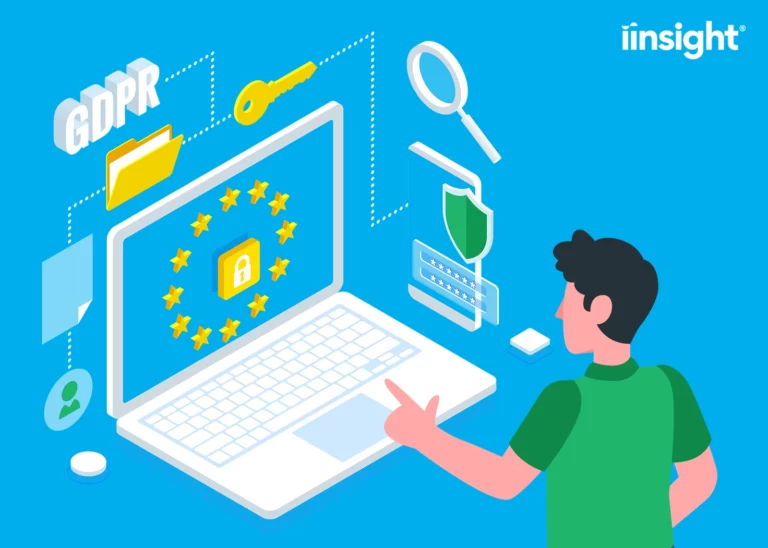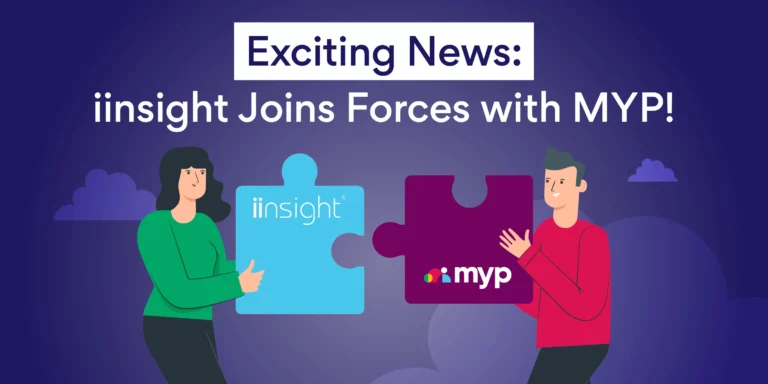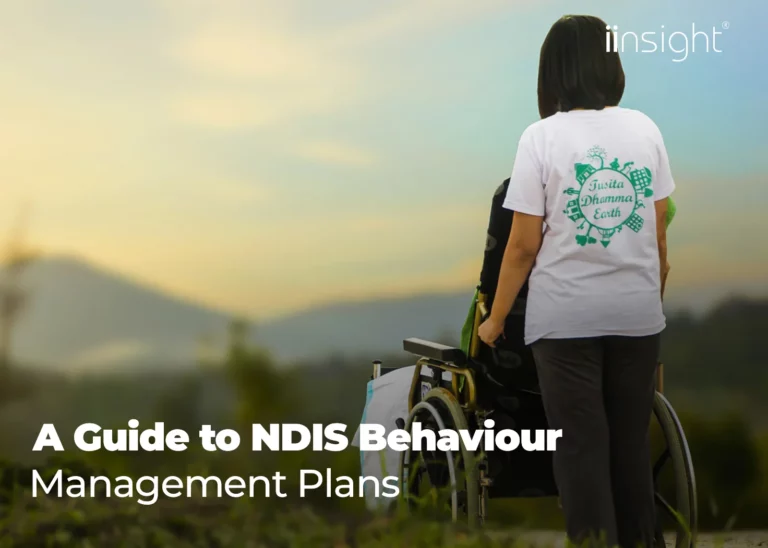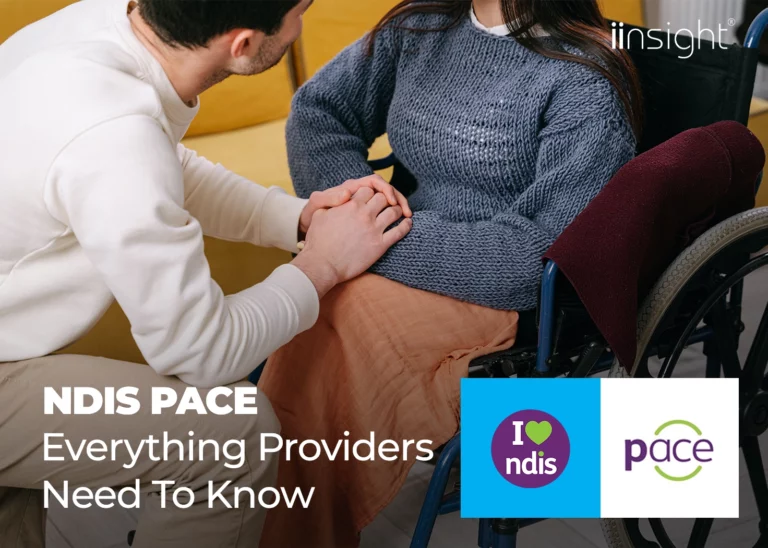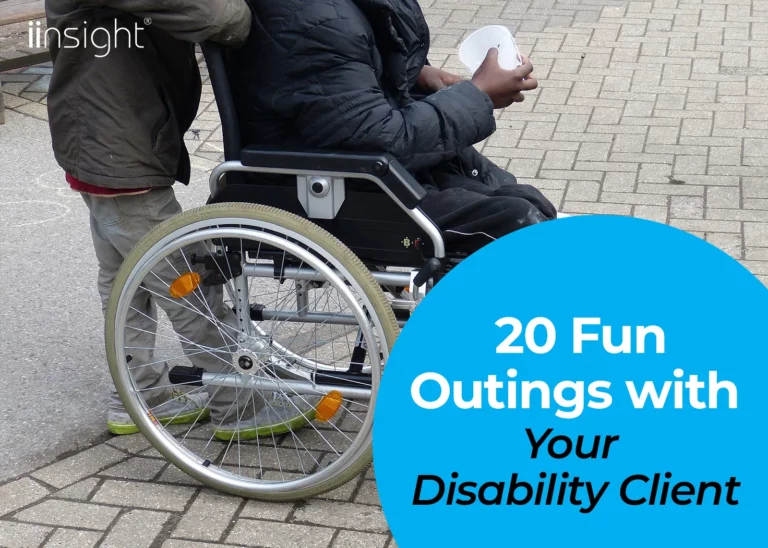Are you looking for case management software solutions? There may be a lot of products available to you, but they are not similar. So, it makes sense to check them out before signing up. Here are three important things you should consider when deciding which software is best for your practice:
- The features
Be sure to go over the features of the case management software solutions before buying it. Here are some of the critical features you should look for:
- Easy data entry – Drag and drop feature, CRM, calendaring, accounting system integration, a configurable way to track contractor time and costs, document organisation with custom folders and custom forms, WorkCover and Medicare integration, and support for timesheets, billing, and invoices.
- Compliance – Automated workflows, user notifications and system alerts, automated reporting, plan management, KPI reports, and a centralised document approval process.
- Support for your practice
Find a versatile solution that supports all Allied Health service providers, including NDIS practitioners, occupational therapists, and vocational rehabilitation consultants. It should be scalable to the needs of your practice, so you can be confident that it can help you work smarter and intuitively to improve customer service and reduce overhead costs.
If you are not sure about some case management software solutions, get in touch with their provider and arrange for a trial. Some companies offer a 14-day free trial that lets you experience the features for yourself. This way, you can personally determine if it is the right case management solution for your practice.
- Enables remote access
Remote access to the case management software lets you work anywhere at any time, and eliminates the need to keep personal records until you can get back to the office or find a computer to input the new information. So, make sure that the case management software solutions come with a mobile app that can sync with the cloud-based platform.
You should also ensure secure access when you need to work remotely. Look for a software that is ISO 27001 certified to show that it maintains the highest security management standard, and make sure it supports multi-factor authentication, so your practice can comply with the latest legislations like the Privacy Amendment Act 2017 and GDPR.


